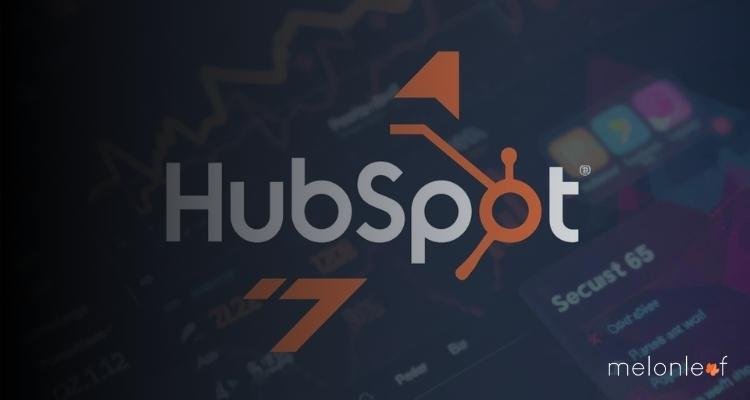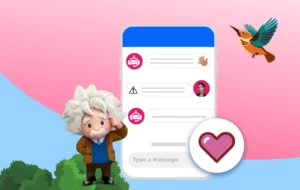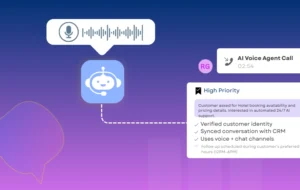Imagine running a business where every customer interaction, every sales lead, and every service request is scattered across different spreadsheets, emails, and sticky notes. Sounds chaotic, right? Now, picture having a single, unified platform that organizes everything, your sales, marketing, customer service, and even analytics, all in one place. That’s Salesforce for you.
Salesforce is the world’s leading Customer Relationship Management (CRM) platform, but calling it just a CRM would be an understatement. It’s a powerful cloud-based system that helps businesses of all sizes build better relationships with their customers, automate processes, and drive growth. But how does it work? Why do businesses swear by it? And more importantly, how can you make the most of it for your business?
In this guide, we’ll break it all down for you, step by step, in the simplest way possible. Whether you’re an entrepreneur, a business executive, or someone curious about Salesforce, by the end of this blog, you’ll have a clear understanding of what Salesforce is, how it works, and how it can help your business grow. Let’s dive in!
What is Salesforce?
Salesforce started in 1999 with a simple yet revolutionary idea, what if businesses could manage their customer relationships entirely on the internet, without the need for expensive software installations? Today, Salesforce is a cloud-based platform that does exactly that, and much more.
At its core, Salesforce helps businesses track and manage customer data, automate workflows, and streamline operations across departments. Whether you need to manage sales pipelines, track customer support tickets, or run marketing campaigns, Salesforce provides a one-stop solution. Many organizations choose to hire Salesforce consultants at this stage to ensure the platform is aligned with their business goals from day one.
But Salesforce isn’t just a tool, it’s an entire ecosystem. With different cloud solutions customized for sales, service, marketing, e-commerce, and even AI-powered insights, it adapts to a wide range of industries and business needs.
How does Salesforce work?
Salesforce operates entirely on the cloud, meaning you don’t need to install any software or maintain expensive hardware. You simply log in from a web browser or mobile app, and everything is available at your fingertips. Here’s how it works:
- Data Collection: Salesforce gathers customer information from emails, phone calls, website visits, and social media interactions.
- Data Organization: It categorizes and stores this information, making it easy to access and analyze.
- Automation: Repetitive tasks, like sending follow-up emails or scheduling appointments, are automated to save time.
- Analytics & Reporting: Salesforce generates insights and reports to help businesses make informed decisions.
- Collaboration: Teams can work together in real-time, ensuring that sales, marketing, and customer support are always aligned.
Why do businesses use Salesforce?
Businesses today need more than just a way to store customer data, they need a platform that helps them nurture relationships, optimize sales, and improve service. That’s where Salesforce comes in. Here’s why companies across the globe rely on it:
- Centralized Customer Information: No more digging through emails or spreadsheets, everything is stored in one place.
- Automation of Repetitive Tasks: Sales and service teams can focus on meaningful work instead of administrative tasks.
- Scalability: Whether you’re a small business or a top multi-national company, Salesforce grows with you.
- Real-Time Insights: Data-driven decision-making helps businesses stay ahead of the competition.
- Improved Collaboration: Teams can work across departments, improving customer experience.
Key features of Salesforce CRM
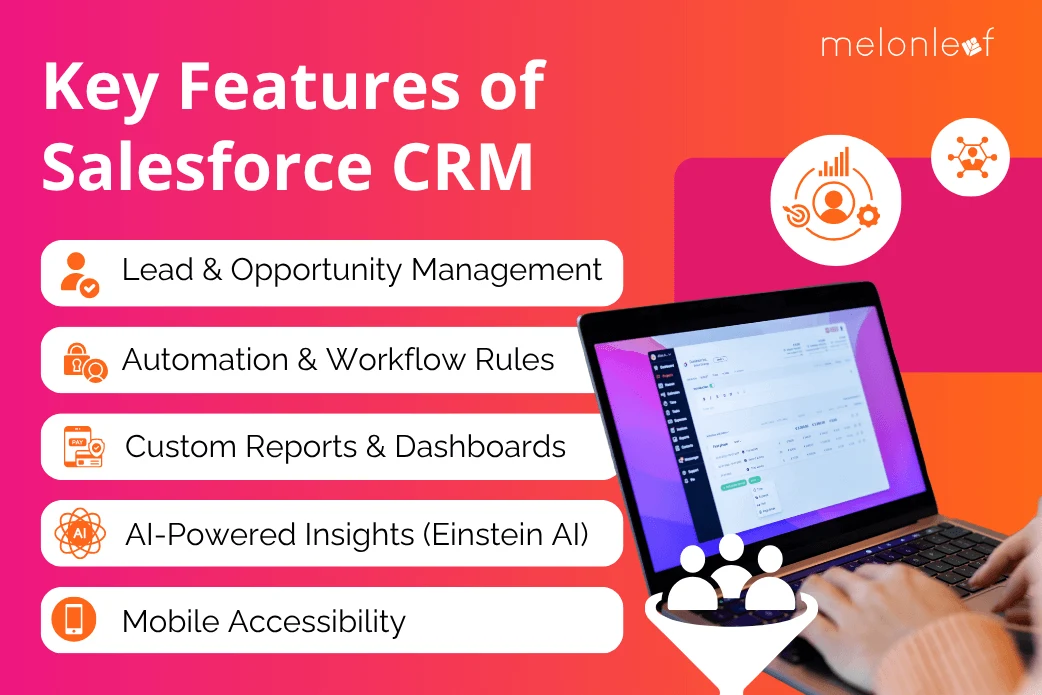
Salesforce isn’t just a contact database; it’s a full-fledged CRM with a wide range of features designed to enhance business operations. Some of its key features include:
- Lead & Opportunity Management: Track sales prospects from initial contact to final deal closure.
- Automation & Workflow Rules: Automate tasks like follow-ups, lead assignments, and approvals.
- Custom Reports & Dashboards: Get visual insights into your sales, marketing, and service performance.
- AI-Powered Insights (Einstein AI): Use AI to predict customer behavior and suggest the next best actions.
- Mobile Accessibility: Manage your business on the go with the Salesforce mobile app.
- AppExchange: A marketplace for third-party apps that integrate with Salesforce.
To customize these features, businesses often hire Salesforce Lightning developers or experienced programmers who can tailor the platform to unique workflows.
Salesforce Products and Solutions Explained
Salesforce offers a variety of cloud-based solutions customized to different business needs. Some of the most popular ones include:
Sales Cloud: Helps sales teams manage leads, opportunities, and customer interactions.
Service Cloud: Provides tools for customer support, case management, and AI-powered chatbots.
Marketing Cloud: Automates and personalizes marketing campaigns across multiple channels.
Commerce Cloud: Guides businesses to create smooth e-commerce experiences.
Financial Services Cloud: Designed for banks, insurance firms, and wealth management companies.
Health Cloud: A solution for healthcare providers to manage patient interactions.
For a deeper look into Salesforce Clouds and their benefits, check out this blog.
Industries that benefit from Salesforce
Salesforce is not limited to one sector; industries worldwide use it to streamline operations. Some major industries include:
Retail: Personalized shopping experiences and customer engagement.
Healthcare: Patient relationship management and telehealth solutions.
Finance: Loan processing, risk analysis, and wealth management.
Manufacturing: Supply chain management and distributor collaboration.
Education: Student engagement, alumni tracking, and administrative automation.
How to get started with Salesforce?
New to Salesforce? Here’s how to get started:
- Identify business needs: What do you want Salesforce to solve?
- Choose the Right Edition: Based on your team size and requirements.
- Set up the Platform: Configure workflows, permissions, and automation.
- Train your team: Use Salesforce Trailhead for learning.
Partner with Salesforce Experts: Melonleaf Consulting can help with implementation and support.
Salesforce Integrations and Customization Options
One of Salesforce’s biggest strengths is its ability to integrate with other business tools and its extensive customization options. No two businesses work the same way, so Salesforce allows you to tweak the system to match your workflow.
Customization options include custom objects, automation tools, and API-based integrations. For complex needs, businesses may hire Salesforce API developers or leverage Salesforce data migration services to ensure smooth system transitions.
Salesforce Editions and Pricing Breakdown
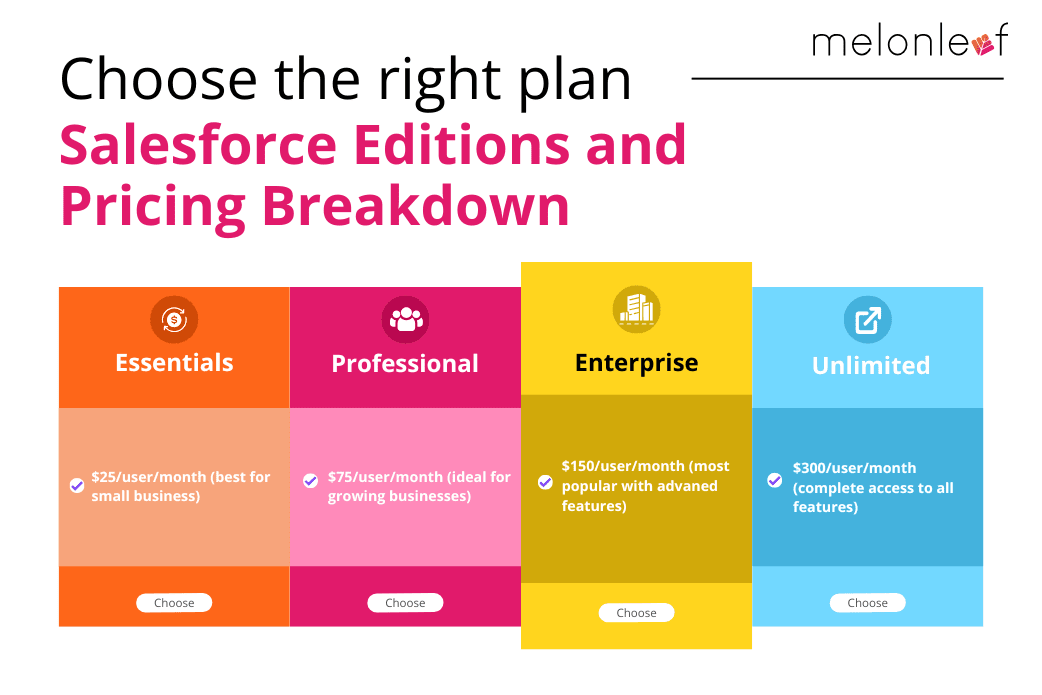
Salesforce offers different editions based on the needs and budgets of businesses. Here’s a breakdown:
- Essentials – $25/user/month (Best for small businesses)
- Professional – $75/user/month (Ideal for growing businesses)
- Enterprise – $150/user/month (Most popular, with advanced features)
- Unlimited – $300/user/month (Complete access to all features)
For the latest pricing details, visit the Salesforce Pricing.
Popular Integrations
Salesforce integrates with hundreds of third-party applications, including:
- Email & Productivity: Gmail, Outlook, Google Drive, Slack.
- Marketing & Advertising: Mailchimp, Google Ads, Facebook Ads.
- E-commerce & Payments: Shopify, Stripe, PayPal.
- ERP & Accounting: QuickBooks, SAP, Oracle.
Customization Options
- Custom Objects & Fields: Store business-specific data.
- Apex Code & Lightning Components: Modify Salesforce’s functionality.
- Automation Tools: Flow and Process Builder eliminate manual tasks.
- Salesforce AppExchange: Thousands of pre-built apps extend Salesforce’s capabilities.
These integrations and Salesforce customizations help businesses mold Salesforce into a perfect fit for their needs.
Benefits of using Salesforce for Business Growth
Salesforce isn’t just a database, it’s a growth engine that helps businesses sell smarter, serve better, and operate more efficiently. Here’s how:
1. Centralized Data for Smarter Decision-Making
No more scattered spreadsheets or disconnected teams. Salesforce provides a single source of truth for all customer interactions, helping teams stay on the same page.
2. Automated Sales & Marketing
Salesforce’s AI-powered tools help prioritize leads, automate follow-ups, and personalize customer outreach, all while tracking results in real-time.
3. Improved Customer Service
With Salesforce Service Cloud, businesses can manage calls, emails, live chat, and social media inquiries in one place, making customer support faster and more efficient.
4. Advanced Analytics & AI
Einstein AI helps businesses predict trends, suggest next actions, and analyze customer behavior to make informed decisions.
5. Scalability for Any Business Size
From startups to enterprises, Salesforce offers solutions that grow alongside your business.
Challenges of Implementing Salesforce and How to Overcome Them
While Salesforce offers incredible value, implementing it isn’t always easy. Businesses often face the following challenges:
1. The Learning Curve
Salesforce is powerful, but with power comes complexity. Some users find it overwhelming at first.
Solution: Use Salesforce Trailhead, Salesforce’s free, interactive training platform.
2. Customization Overload
With so many options, businesses may struggle to configure Salesforce properly.
Solution: Work with Salesforce Consultants who understand your industry and business needs.
3. Data Migration Issues
Shifting data from an old system to Salesforce can be tricky.
Solution: Use Salesforce Data Loader or integration tools to migrate data efficiently.
4. Cost Concerns
Some businesses hesitate to adopt Salesforce due to pricing.
Solution: Start with the Salesforce Essentials or Professional Edition and upgrade as needed.
5. Integration Challenges
Not all businesses have an in-house IT team to handle integrations.
Solution: Use Salesforce AppExchange for pre-built integration solutions.
With the right strategy, these challenges can be easily overcome, making Salesforce a powerful asset for any business.
The Future of Salesforce: Trends and Innovations
Salesforce continues to push boundaries with AI, automation, and industry-specific solutions. Here’s what’s shaping its future:
1. AI-Powered Customer Engagement
Salesforce Einstein is getting smarter, allowing businesses to predict customer behavior, personalize interactions, and automate tasks like never before.
2. Hyper-Personalization in Marketing
Businesses will move beyond basic email campaigns to highly personalized experiences across multiple touchpoints, powered by AI and automation.
3. Industry-Specific Clouds
Salesforce is creating tailored solutions for industries like healthcare, finance, and manufacturing, making implementation even easier.
4. Low-Code and No-Code Development
With tools like Flow Builder and Lightning App Builder, businesses can build and modify applications without coding knowledge.
5. Greater Focus on Mobile & Remote Work
Expect Salesforce to improve mobile functionality, making it even easier for teams to work remotely.
Wrapping Up
Salesforce is not just another software, it’s a game-changer for businesses looking to manage customer relationships, automate workflows, and make smarter decisions. Whether you’re a small startup or a global enterprise, Salesforce adapts to your needs, offering solutions for sales, marketing, customer service, and beyond.
But adopting Salesforce isn’t just about buying a tool, it’s about making the most of it. The real power of Salesforce lies in how well it’s implemented, customized, and integrated into your existing business operations. That’s where expert guidance makes all the difference.
If you’re considering Salesforce, or if you already have it but aren’t using it to its full potential, Melonleaf Consulting can help. From selecting the right edition to setting up automation and integrations, we guide businesses through every step of their Salesforce journey.


